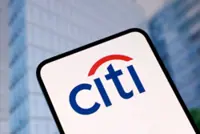Consumers are more inclined to pay cash when making guilty purchases. — AFP Relaxnews
When you get to the checkout, you’re probably used to being asked if you want to pay by cash or by card.
While electronic payment systems have become increasingly popular in recent decades, cash is still a popular payment method, especially for impulse and extravagant purchases, according to a new American study.





